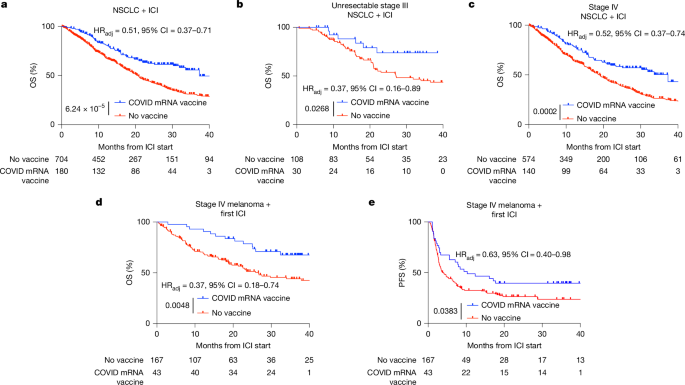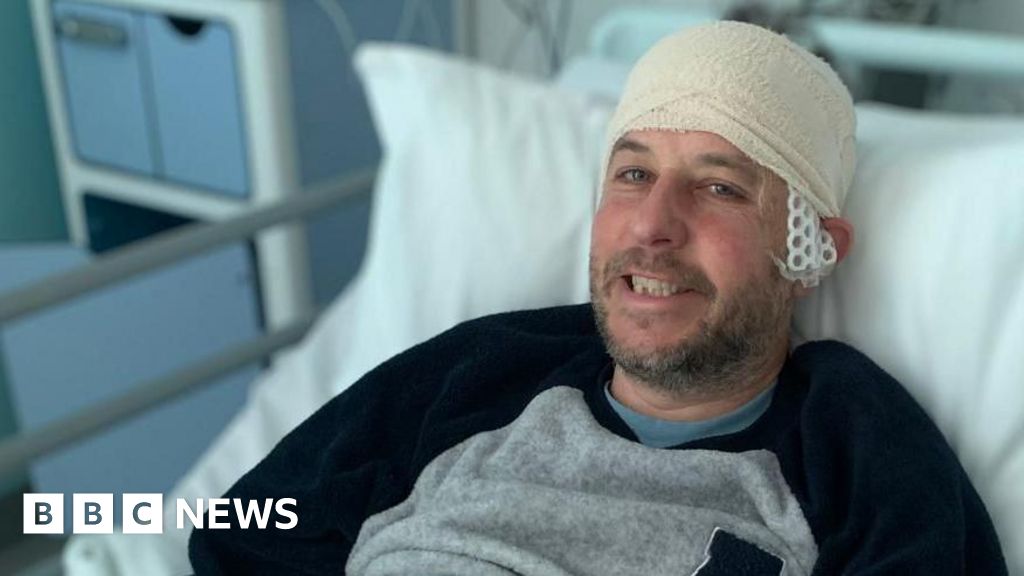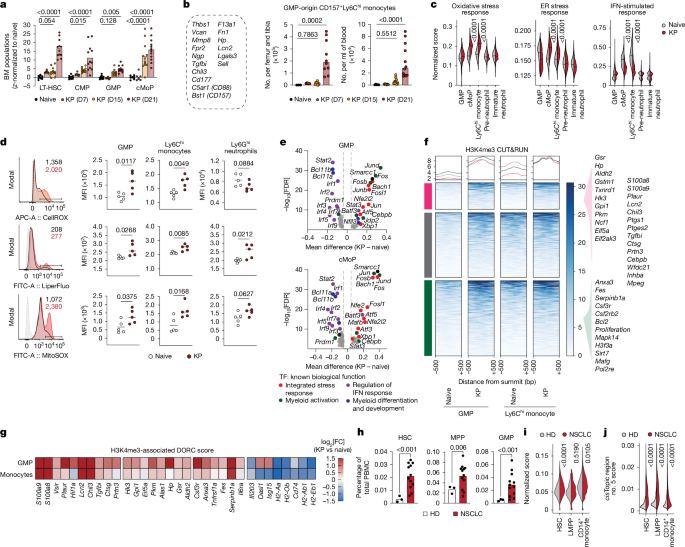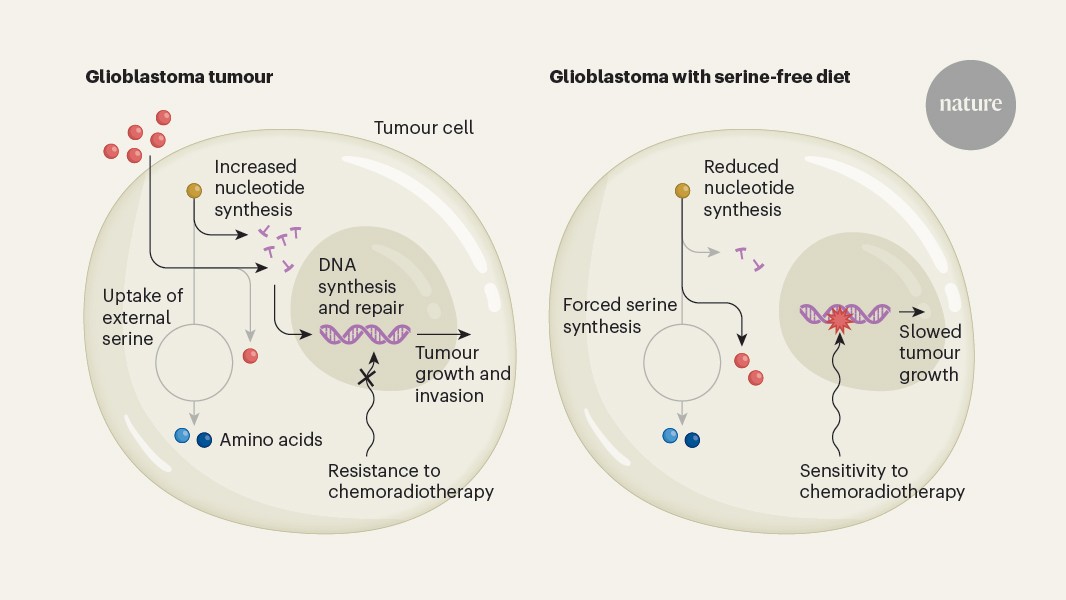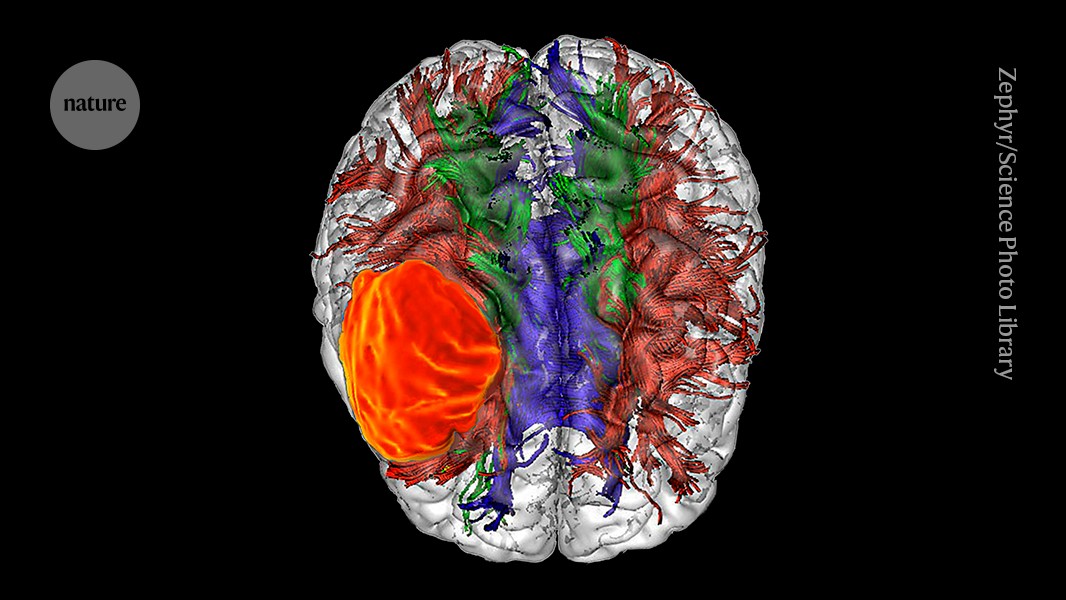Retrospective studies We completed a non-interventional, retrospective review of patient data using the MDACC electronic health record system, which contains a record of the patients who are treated at the primary campus of MDACC, a large quaternary cancer hospital in Houston, Texas. The chart review for this study involved three groups of patients: (1) patients with tumour biopsies confirming stage …
Read More »Tag Archives: tumours
‘My tears could help people survive brain tumours’
Lynette HorsburghNorth West Cancer Research UK handout Alex Davies is taking part in the study that could help people get more timely diagnoses A father with an incurable brain tumour has donated his tears to a pioneering study that could revolutionise how brain cancers are detected because he wants to “make a difference”. Alex Davies was initially treated for epilepsy but …
Read More »Pfizer sued in US over contraceptive that women say caused brain tumours | Pfizer
The drugmaker Pfizer faces a US lawsuit brought on behalf of women who developed brain tumours, which they say are linked to their use of the company’s contraceptive injection Depo-Provera. The class action lawsuit alleges that the US pharmaceutical company failed to warn women and doctors about an increased risk of developing an intracranial meningioma if Depo-Provera, a quarterly injection, …
Read More »Myeloid progenitor dysregulation fuels immunosuppressive macrophages in tumours
DeNardo, D. G. & Ruffell, B. Macrophages as regulators of tumour immunity and immunotherapy. Nat. Rev. Immunol. 19, 369–382 (2019). Article PubMed PubMed Central CAS Google Scholar Swann, J. W., Olson, O. C. & Passegue, E. Made to order: emergency myelopoiesis and demand-adapted innate immune cell production. Nat. Rev. Immunol. 24, 596–613 (2024). Article PubMed CAS Google Scholar Goswami, S., …
Read More »Depriving brain tumours of an amino acid could enhance chemotherapy – Nature
Depriving brain tumours of an amino acid could enhance chemotherapy Nature Source link
Read More »Brain tumours in mice grow more slowly when starved of key amino acid
A highly lethal type of brain tumour often steals key nutrients to aid its aggressive growth — a habit that can be exploited to slow the cancer’s spread, scientists have found1. Experiments show that many brain tumours called glioblastomas grab serine, a crucial amino acid, from their environment rather than synthesizing it themselves: a metabolic Achilles’ heel. The scientists fed …
Read More »